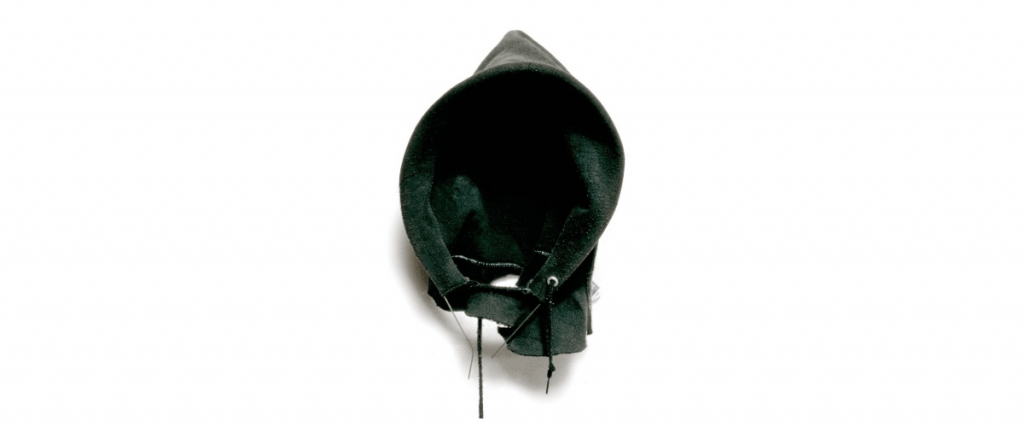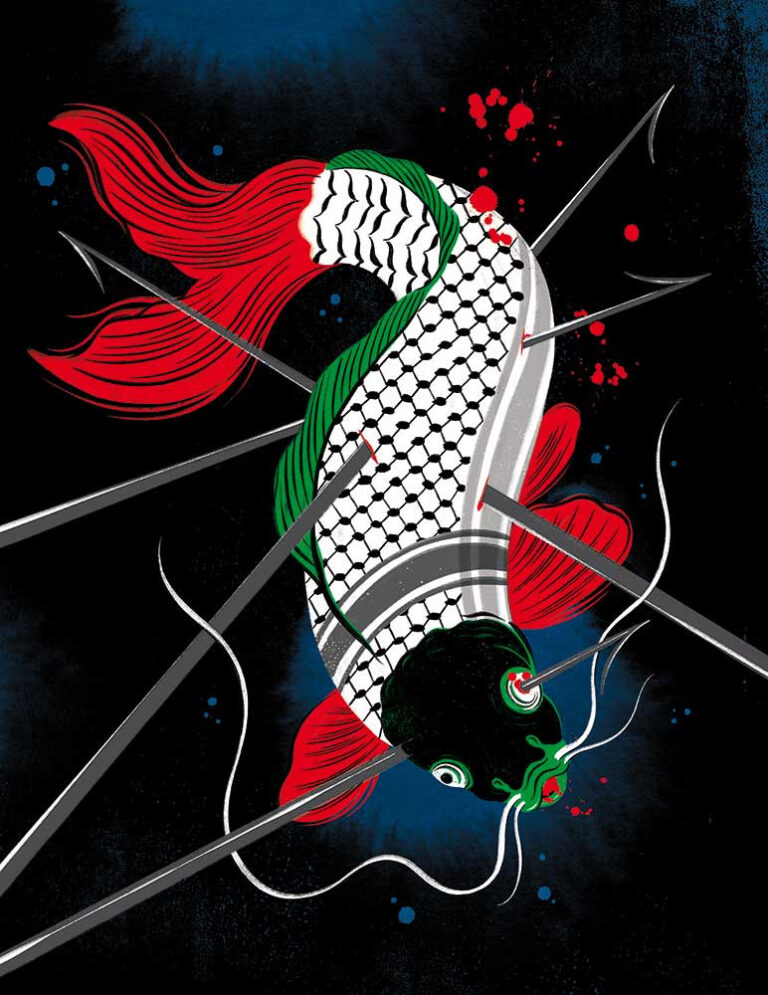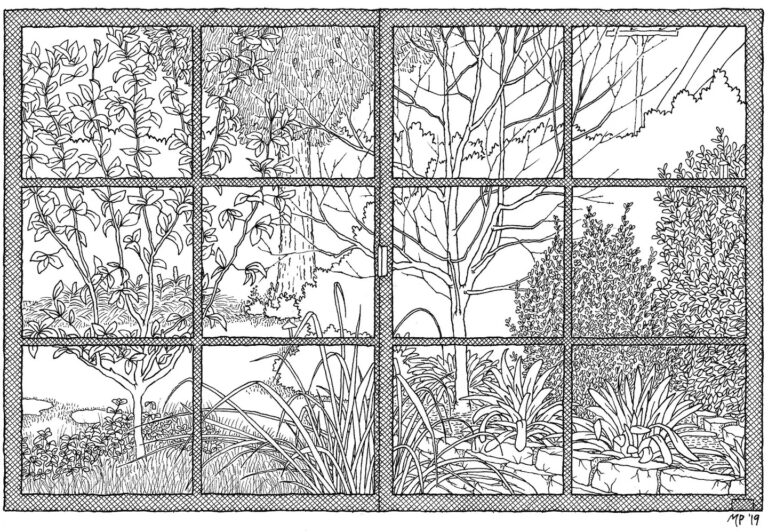Viet Thanh Nguyen on Writing as Commitment to Both Art and Politics for LitHub.

I taught this class for undergraduates interested in editing and publishing; it’s the only class in their curriculum that is also a writing workshop. I’m suspicious of teaching writing as art for art’s sake, so the title of the class—which is not of my invention—fit with my approach to writing as an art that can include a commitment to the world and, implicitly, to politics. We start off with a diverse group of essays and excerpts where writers grapple with different issues, from racism, sexism, and homophobia to motivations, taboos, and the challenges of living a writer’s life.
The only way I’m interested in teaching writing is through positioning writing in relationship both to art and to politics, broadly defined to include historical, theoretical, and philosophical issues. I am fascinated by writers who grapple with the high demands of writing as commitment to both art and politics. In the United States context, Americans often have an allergy to mixing art and politics, believing that politics somehow debases art. Disavowing politics in art, to me, is often a sign of not acknowledging how one’s self and one’s art is privileged, normative, and invested invisibly in dominant ways of power, inequality, and amnesia.
I’m certainly interested in analyzing and discussing how writers deal with the conventional issues of “craft” or technique, like character, scene, time, perspective, language, and rhythm, but I also believe that it is crucial to consider how writers think and write about history, power, and ideas. These, too, exist in the realm of art, and writers’ relationships to history, power, and ideas can affect what characters they foreground, what point of view they write from, what words they use, and so on.
In the end, my view is that bringing art and politics together—or, more accurately, highlighting how politics already exists in art and overlaps with it—makes the work of the writer more difficult. But if the writer can meet that challenge, their art is elevated.
Reading List

James Baldwin, The Fire Next Time • Ta-Nehisi Coates, Between the World and Me • Art Spiegelman, Maus • Thi Bui, The Best We Could Do • Sven Lindqvist, “Exterminate All the Brutes” • Claudia Rankine, Citizen: An American Lyric
Bonus Reading
Alicia Elliott, “On Seeing and Being Seen: The Difference Between Writing With Empathy and Writing With Love” • Reginald Shepherd, “Why I Write” • Salman Rushdie, “Is Nothing Sacred?” • Sarah Schulman, Publishing Triangle Award Speech • Ijeoma Oluo, “Sometimes Writing is Just a Job” • Terese Marie Mailhot, “Surviving Racism” • Alexander Chee, “On Becoming an American Writer” • Eudora Welty, “Must the Novelist Crusade?” • George Orwell, “Why I Write” • Virginia Woolf, “A Room of One’s Own”


